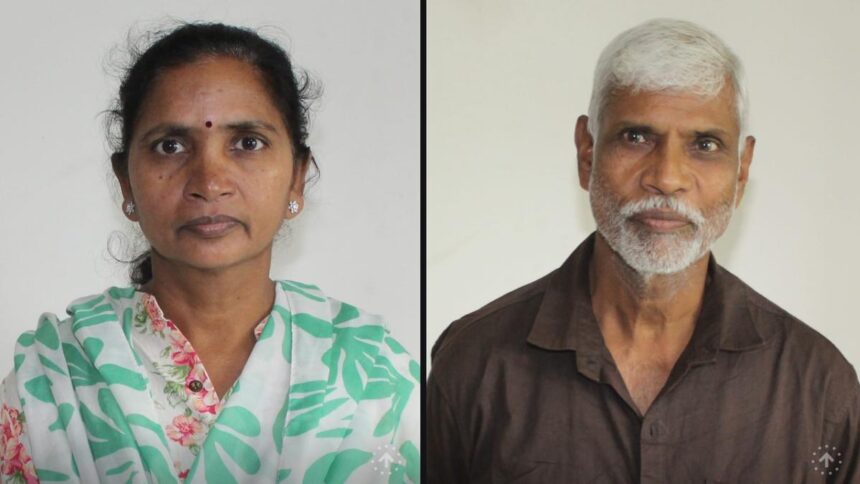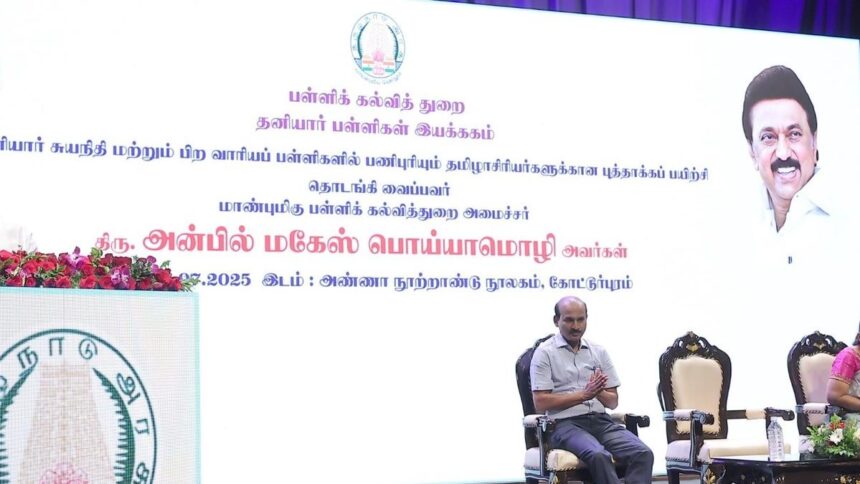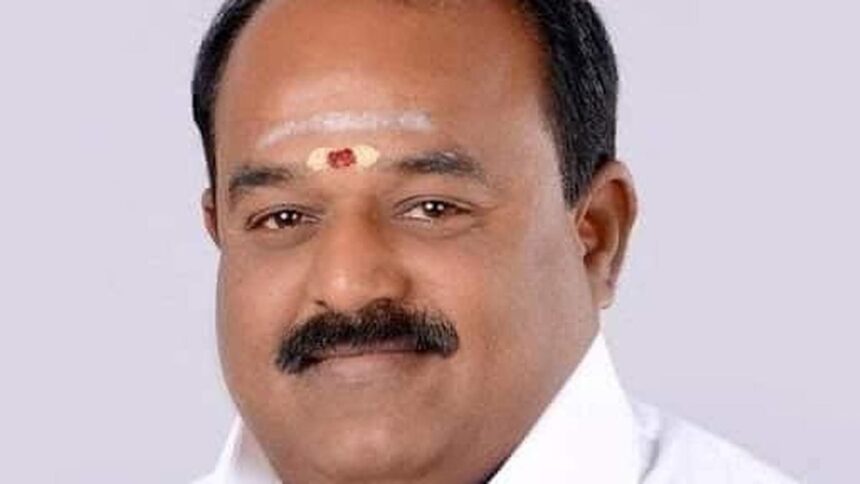
A. Srivathsan, professor, Head of the Centre for Research on Architecture and Urbanism at CEPT University; Vanessa Peter, founder, Information and Resource Centre for the Deprived Urban Communities; R.V. Shekar, chairman and managing director, Lancor Group; and P. Suresh, managing director, Arun Excello Group, at the summit on Tuesday.
| Photo Credit: B. Velankanni Raj
The State and Central governments must collaborate and work together for providing affordable housing, and address issues of equity and financial inclusion. This was one of the major insights shared at the discussion on ‘Affordable Housing: Bridging the Urban Housing Gap’ organised as part of The Hindu Tamil Nadu Real Estate Summit 2025 in the city on Tuesday.
The topics deliberated include the need for inclusive housing, challenges faced by private developers, and the role of the government in providing affordable housing.
Noting that housing for marginalised communities cannot be ensured with a one-size-fits-all approach, cannot be done in a one-size-fits-all approach, Vanessa Peter, founder, Information and Resource Centre for the Deprived Urban Communities, said basic requirements should be met without compromising on traditional livelihood spaces.
Underlining the challenges in ensuring affordable housing for socially disadvantaged people, she said communities must be consulted before designing houses, and a robust third-party quality monitoring mechanism put in place to reduce design flaws.
Speakers also stressed the affordability of housing for urban poor population under the Pradhan Mantri Awas Yojana (PMAY) by waiver of beneficiary contribution to some extent.
When asked whether incremental housing would be developed in satellite townships, A. Srivathsan, professor, Head of the Centre for Research on Architecture and Urbanism at CEPT University, said Arumbakkam Sites and Services Scheme was one of the best examples for incremental housing. The area has turned beyond recognition over a generation as people have become economically strong. However, such housing is only possible with design and legal modifications, given land cost limitations.
Pointing out that housing for economically weaker sections is largely covered by the State, he said that land availability and construction cost were some of the challenges. Private players are more interested in promoting housing for higher income groups. Though developing a grid of roads would be ideal for structured housing development, people are often willing to suffer lack of infrastructure and focus on the land cost.
Highlighting that inclusive housing was a critical component of equitable growth, R.V. Shekar, chairman and managing director (MD), Lancor Group, spoke on the need for creating an environment to collaborate with the Central government to develop integrated satellite townships at subsidised cost. A pilot project, with up to two lakh houses, could be planned near Chennai.
P. Suresh, MD, Arun Excello Group, spoke on integrated township in Oragadam that aims at improving lifestyle. However, obtaining land parcel for developing such townships was a challenge. The government played a pivotal role in allotting land parcels to develop housing for communities. The Central government should consider restoring the benefits offered under the earlier version of the PMAY, and reduce taxes to resolve issues of affordable housing to low and middle income groups. ing.
R. Sujatha, former Deputy Editor, The Hindu, moderated the session.
The event is presented by Casagrand and co-presented by G Square. The Green Energy partner for the event is Swelect and the Sports Ecosystem partners are SDAT and Tamil Nadu Champions Foundation. The event is supported by CREDAI Tamil Nadu, Lancor, Namma Family Group. The Strategic partner is MMA (Madras Management Association) and the TV and digital partners are Puthiya Thalaimurai, the Federal voice of the States respectively.
Published – August 06, 2025 12:46 am IST






















